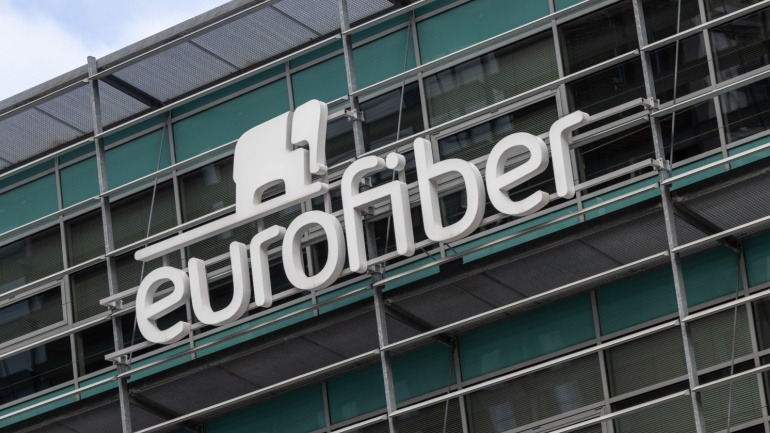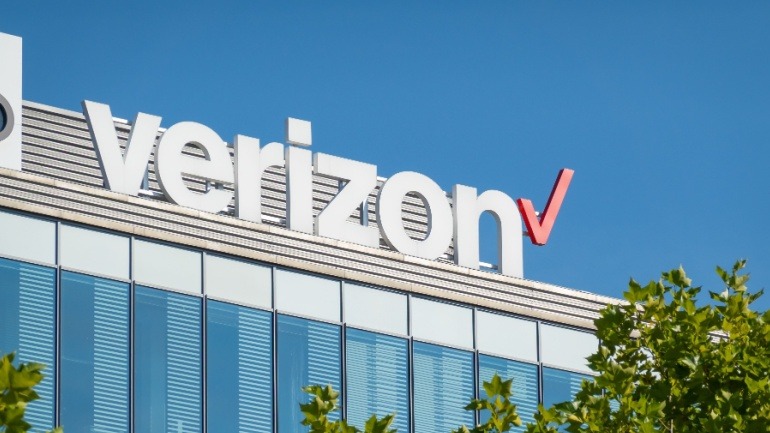The recent completion of T-Mobile‘s $4.4 billion acquisition of the wireless business of UScellular has reshaped the U.S. wireless landscape. T-Mobile acquired customers, stores, and approximately 30% of UScellular’s spectrum. This deal, finalized as $4.3 billion after adjustments, includes $2.6 billion in cash and $1.7 billion in assumed debt.
As part of this transition, UScellular has rebranded to Array Digital Infrastructure, maintaining ownership of its 4,400 towers and 70% of its spectrum portfolio. Their new role focuses on being a tower and spectrum asset operator. This reorientation stems from a 15-year master license agreement with T-Mobile that covers over 2,000 of their towers, ensuring continued infrastructure availability.
Walter Carlson, TDS president and CEO, emphasized this deal as a pivotal point in the company’s history. “The successful completion of this transaction has delivered significant shareholder value and has positioned the continuing Array business with a strong balance sheet and a tower infrastructure business poised for growth and value creation,” he said.
Despite consolidation worries, the Department of Justice (DOJ) approved the acquisition. Assistant Attorney General Gail Slater mentioned that this deal helps consumers by consolidating under a stronger T-Mobile. The DOJ saw this consolidation as necessary due to UScellular’s dwindling competitiveness—it was losing customers and couldn’t match the “Big Three” (AT&T, Verizon, and T-Mobile) on price or scale.
While the DOJ recognized the risks of spectrum consolidation, they vowed to oversee and potentially block future anti-competitive deals. The DOJ’s decision was backed by analysts like Blair Levin from New Street Research, who acknowledged that UScellular was no longer a viable competitor. Levin expressed concerns about Dish Network’s potential to sustain a competitive, fourth national operator, cautioning that the most probable outcome involved Dish selling its spectrum to the big carriers.







